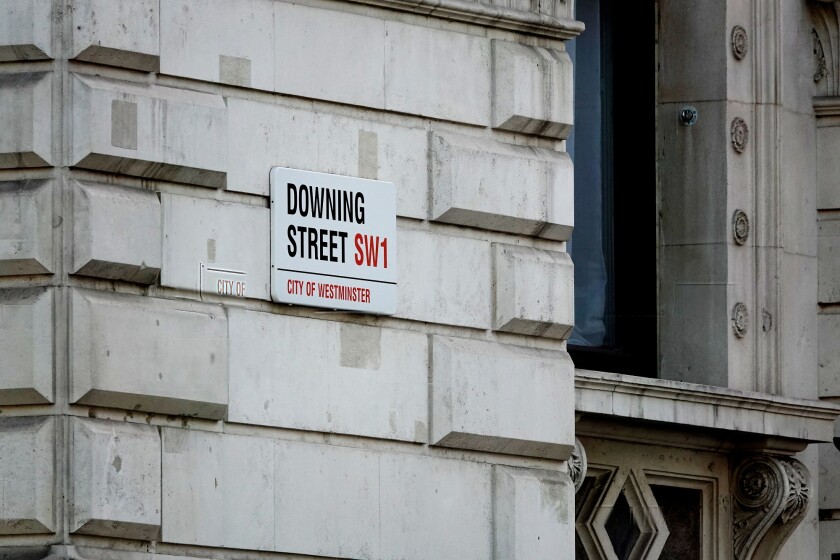The UK government has consulted businesses on replacing its ‘super-deduction’ with tax breaks for capital expenditure ahead of the spring budget.
UK Chancellor Jeremy Hunt is expected to announce a new capital allowances regime in the spring budget statement on Wednesday, March 15.
Companies investing in equipment have been able to claim a 130% tax deduction since 2021. This super-deduction cost an estimated £25 billion ($29.5 billion) in tax revenue over two years. However, the capital allowances scheme may still result in a comparable loss of tax revenue.
The Treasury has estimated that it could lose up to £11 billion a year in tax revenue from a full expensing regime. This would be £22 billion over the same two-year period as the super-deduction. But a less ambitious regime may not satisfy businesses.
Replacing the super-deduction with a capital allowances regime may be a way of winning over Prime Minister Rishi Sunak’s critics and offering businesses a concession over the corporate tax increase. After all, the deduction was originally designed to offset the tax hike.
It comes as Sunak has ruled out cancelling the planned increase to corporate tax, despite pressure from his own party to do so. The UK is still set to increase its headline corporate rate from 19% to 25% in April.
Spain wants to block Ferrovial’s move to the Netherlands
The Spanish government is reportedly considering its options to stop infrastructure company Ferrovial from moving its head office to the Netherlands.
Ferrovial is planning to relocate in order to list its shares on Euronext Amsterdam stock exchange, but the Spanish government claims this is partly for tax reasons. The company maintains it is moving for greater regulatory certainty and stability.
Ferrovial plans to relocate by merging its Madrid-based parent company with its Dutch subsidiary Ferrovial International (which has been based in the Netherlands since 2018).
This type of merger might require cabinet approval to go ahead. If so, the Spanish government may block Ferrovial’s plan to move, but the company would likely dispute that the cabinet has right of approval over this transaction.
Meanwhile, the Spanish government is at odds with energy company Iberdrola and financial institutions Santander and BBVA over their windfall taxes. The clash with Ferrovial may just be one more in a growing list of conflicts with Spanish businesses.
Saudi Arabia looks at tax relief for company HQ moves
The Saudi government is looking at tax relief for multinational companies relocating their headquarters to the kingdom, according to an FT report on Saturday, March 4.
Investment Minister Khalid al-Falih has made it clear that Saudi Arabia is set to clarify its tax rules for companies moving their HQs to the country. He suggested there will be tax relief granted to special purpose vehicles used to establish such offices.
Business leaders have been concerned about the risk of double taxation since Saudi Arabia launched its regional HQ programme to encourage companies to establish an official presence in the kingdom. The government is also offering lucrative contracts to businesses moving to Saudi Arabia.
About 80 companies have already secured licences to move regional HQs to Riyadh. These businesses include PepsiCo, Siemens and Unilever. This initiative has intensified competition with the UAE, which has long been the multinational hub of the Middle East.
Next week in ITR
ITR will be following the UK budget closely for updates on corporate tax and the super-deduction. The spring budget is set to be a major fiscal event for UK businesses with a historic increase in the headline corporate rate going ahead.
ITR will also be taking a deeper look at EY’s ‘Project Everest’ and why the plan to split the firm’s advisory and audit services has stalled.
Readers can expect these stories and plenty more next week. Don’t miss out on the key developments. Sign up for a free trial to ITR.











